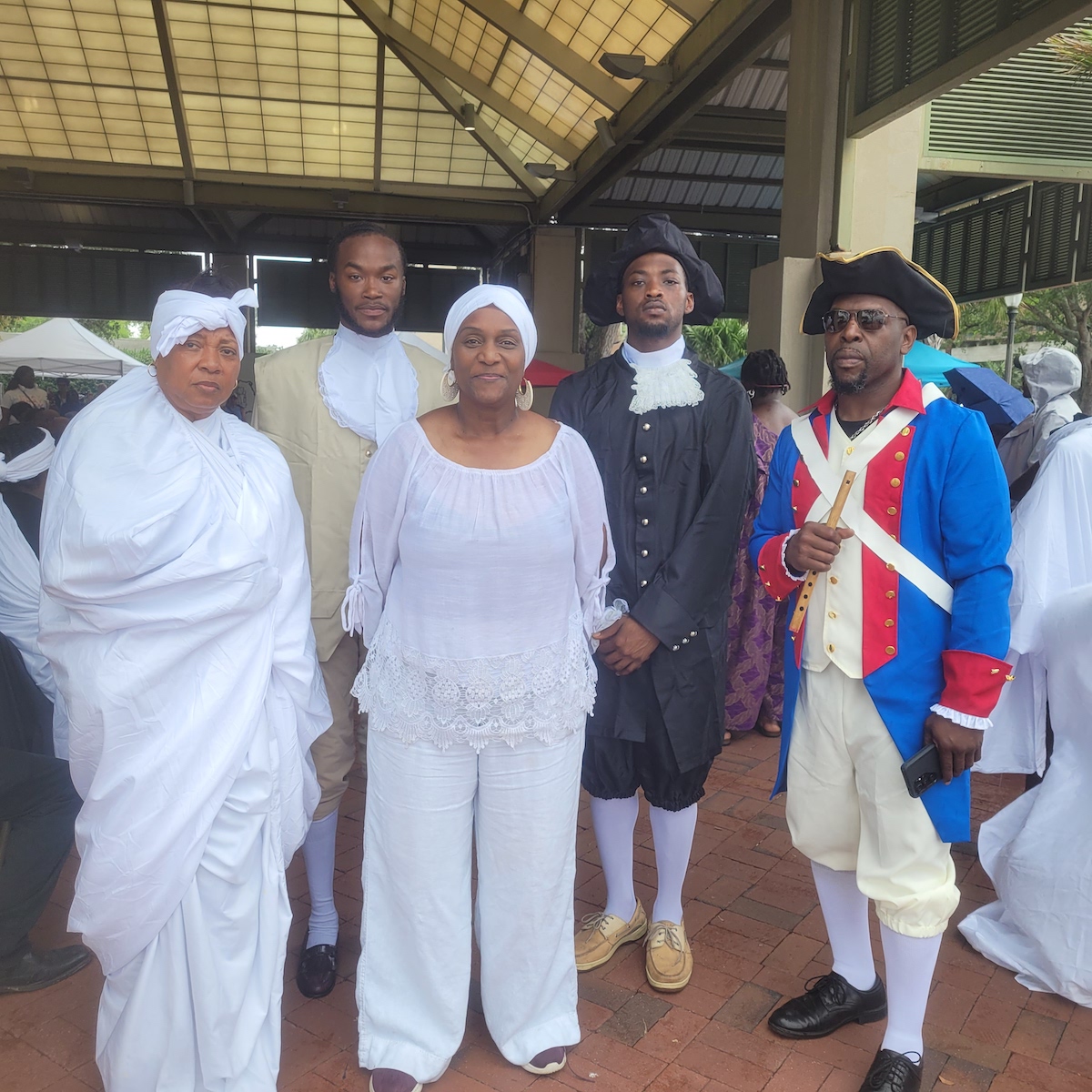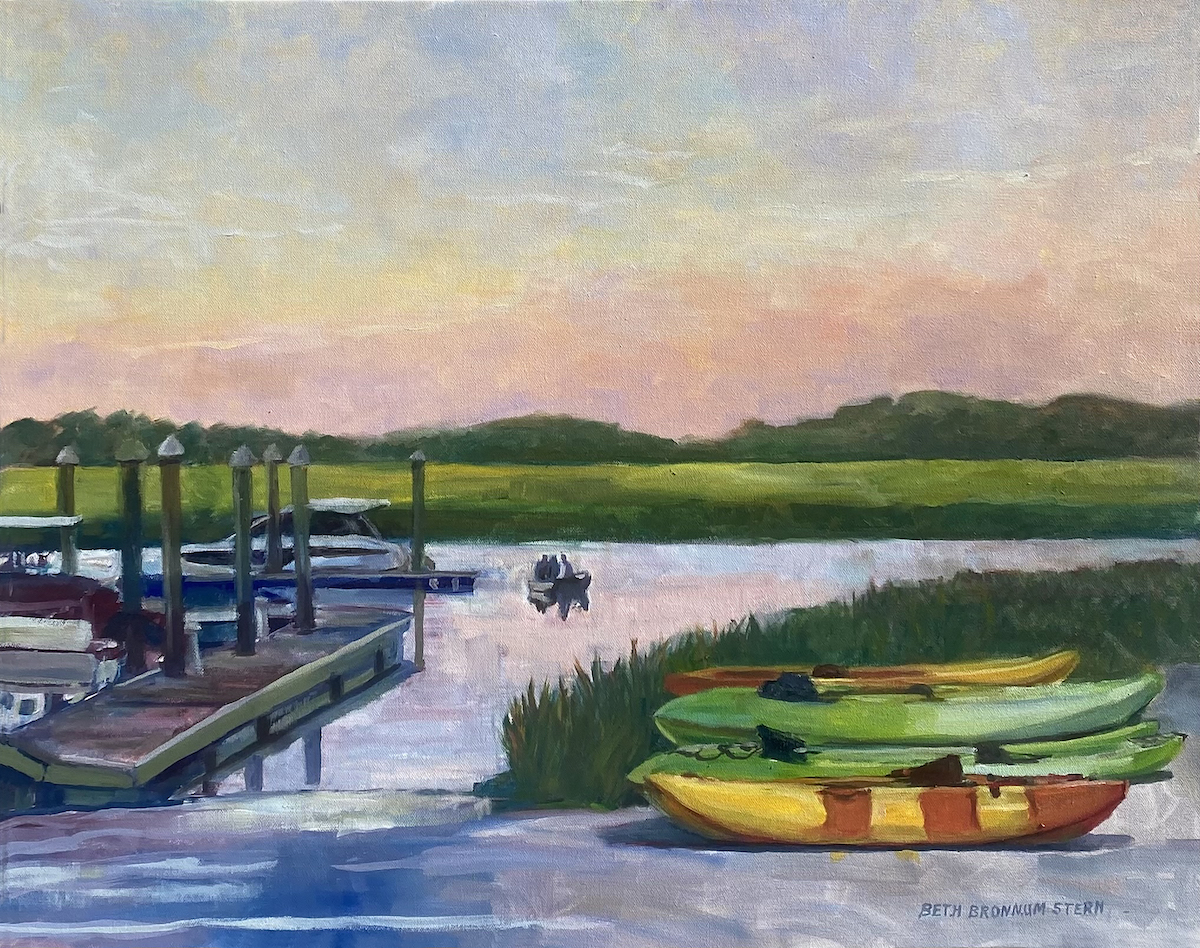By Alan Schuster
Ildar Amirovich Abdrazakov likes “Prince Igor” very much: “The music is fantastic. The famous dance of the Polovtsians everyone loves. And the aria for Prince Igor, this is very important, a wonderful piece. Amazing. But … it’s a difficult opera because the personage of the prince himself is not easy … but the role is not difficult — of course I can do it!”

And he definitely will, since he’s the exceptional bass-baritone who will be singing the title role in the Met’s first production of “Prince Igor” in almost 100 years. Opera fans might remember his dramatic and resonant voice as King Henry VIII in the 2013 HD performance of “Anna Bolena” with Anna Netrebko.
It was in St. Petersburg in the 1870s that Russian composer Alexander Borodin found both friendship and inspiration from several of his contemporaries, among them Tchiakovsky, Mussorgsky and Rimsky-Korsakov. Together, they not only shared their ideas on nationalism in music but also an eagerness to recycle their music from earlier works and then integrate them into their own operas.
Sadly, Borodin died before completing “Prince Igor,” having not yet synched some of his music with the plot. It became the sincere task of his friend Rimsky to get everything in order, even by conducting its premier three years later in St. Petersburg in 1890.
Prologue: A square in Putivl, Russia. Prince Igor is preparing to lead an army against the Polovtsians. The people ask for God’s blessing, but when the sky suddenly darkens, they are worried by the bad omen and urge him to abandon his campaign. Igor’s wife Yaroslavna also begs him not to go to war but he reassures her, leaving command of the city to her brother, Prince Galitsky.
Act I: The Russians have been defeated and Igor and his son, Vladimir, are now prisoners of the Polovtsian leader, Khan Konchak. His daughter, Konchakovna, has fallen in love with Vladimir and awaits their next meeting. Vladimir appears and both declare their love. They are interrupted by Igor, tormented by the Russian defeat and longing for his wife. Ovlur, a Polovtsian friend, approaches Igor and offers to help him escape. At first Igor rejects the idea as dishonorable but agrees to ponder it. Konchak enters and assures Igor that he is to be treated as a guest, not a prisoner. He offers to grant him freedom if Igor promises never to take up arms against the Polovtsians again. Igor explains that he cannot agree to this. Impressed with Igor’s pride, Konchak orders an impressive entertainment for his guest.
Act II: Yaroslavna, who has been suffering from bad dreams, is waiting for news of her husband and stepson. Some of her maidens enter and complain about Galitsky, who has abducted one of their number. When Galitsky unexpectedly appears, he tries to dismiss his sister’s accusations but then agrees to give up the girl.
Galitsky’s men, among them Skula and Yeroshka, sing the Prince’s praises. Galitsky celebrates his hedonistic philosophy and mocks Yaroslavna’s disapproval of his life. A group of maidens rushes in to protest against the abduction, but the men laugh at them and Galitsky sends them away. The crowd resumes their praises of the Prince, demanding that he should lead them, not Igor.
A party of boyars arrives with news of Igor’s defeat and imprisonment. Galitsky and his men use the confusion to hatch a revolt, urging the boyars to elect a new prince. Alarm bells sound, announcing that the Polovtsians are already attacking the city. The people are resolved to defend their freedom.
Act III: Putivl has fallen. Yaroslavna, who has given up hope that Igor will return, laments her loss while the peasants mourn for their devastated country. Skula and Yeroshka mock the imprisoned Igor, unaware of his escape from the Polovtsian camp. When they notice him approaching from afar, they decide to save themselves by announcing his arrival and declaring their loyalty to him. When Yaroslavna and Igor are reunited, the prince laments that he didn’t die in battle like his predecessors. The people joyfully greet Igor on his return, according to Opera News.
Much of Borodin’s score is on a large scale, designed to impress. And it’s the world famous Polovtsian dances — lasting about 12 minutes — which have become the opera’s piece-de-resistance. The dances vary widely with captivating rhythms, supporting the movements of wild men, young girls and boys, slave girls and prisoners.
One haunting melody in particular is worth noting. Borodin took it from his String Quartet in D Major and integrated it into the slave girls section. Then in the 1950s, the composers of “Kismet” made use of it, turning it into a love duet. Finally the string quartet became a popular solo for Tony Bennett — and many others — called “Stranger in Paradise.”
Tickets are Adults $22; OLLI members $18; Students $15. All seats assigned. The box office opens at noon for the 12:55 curtain time on Saturday, March 1, or call 843-521-4145.






